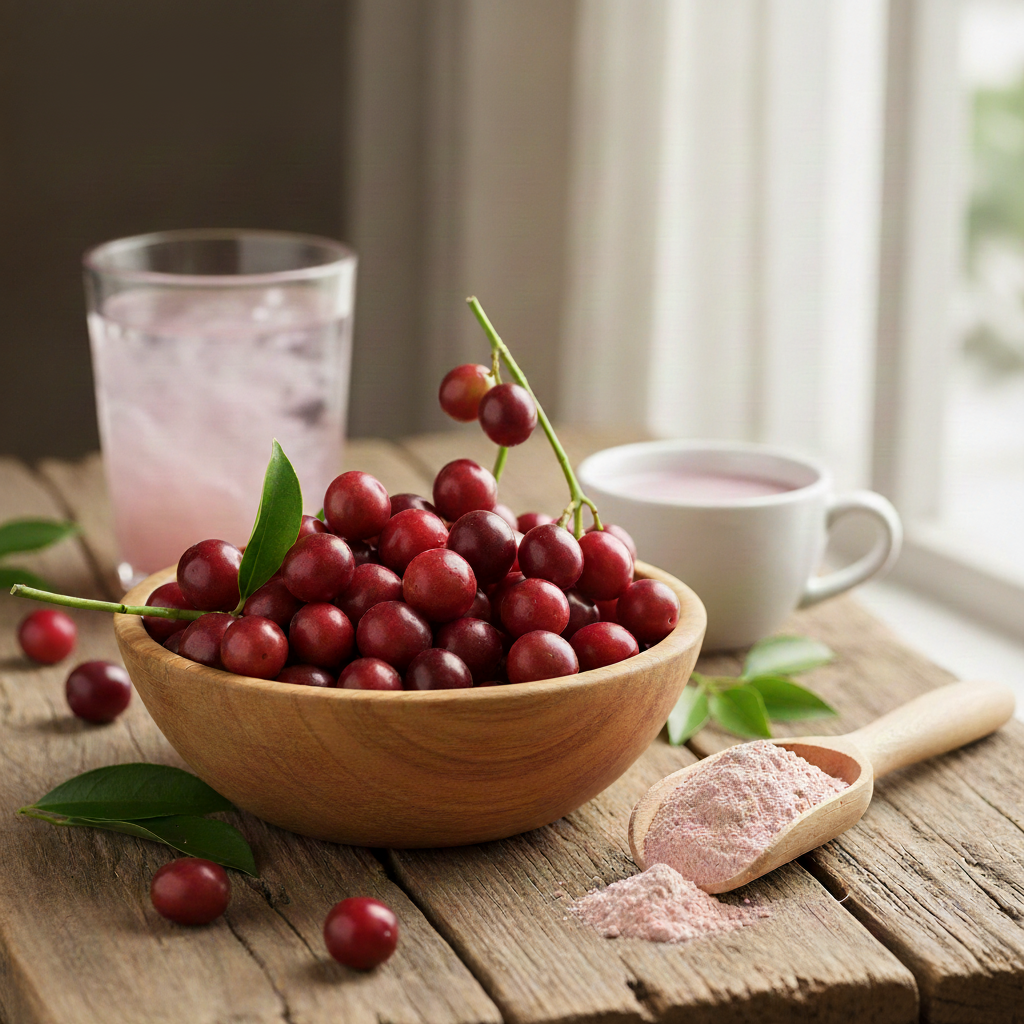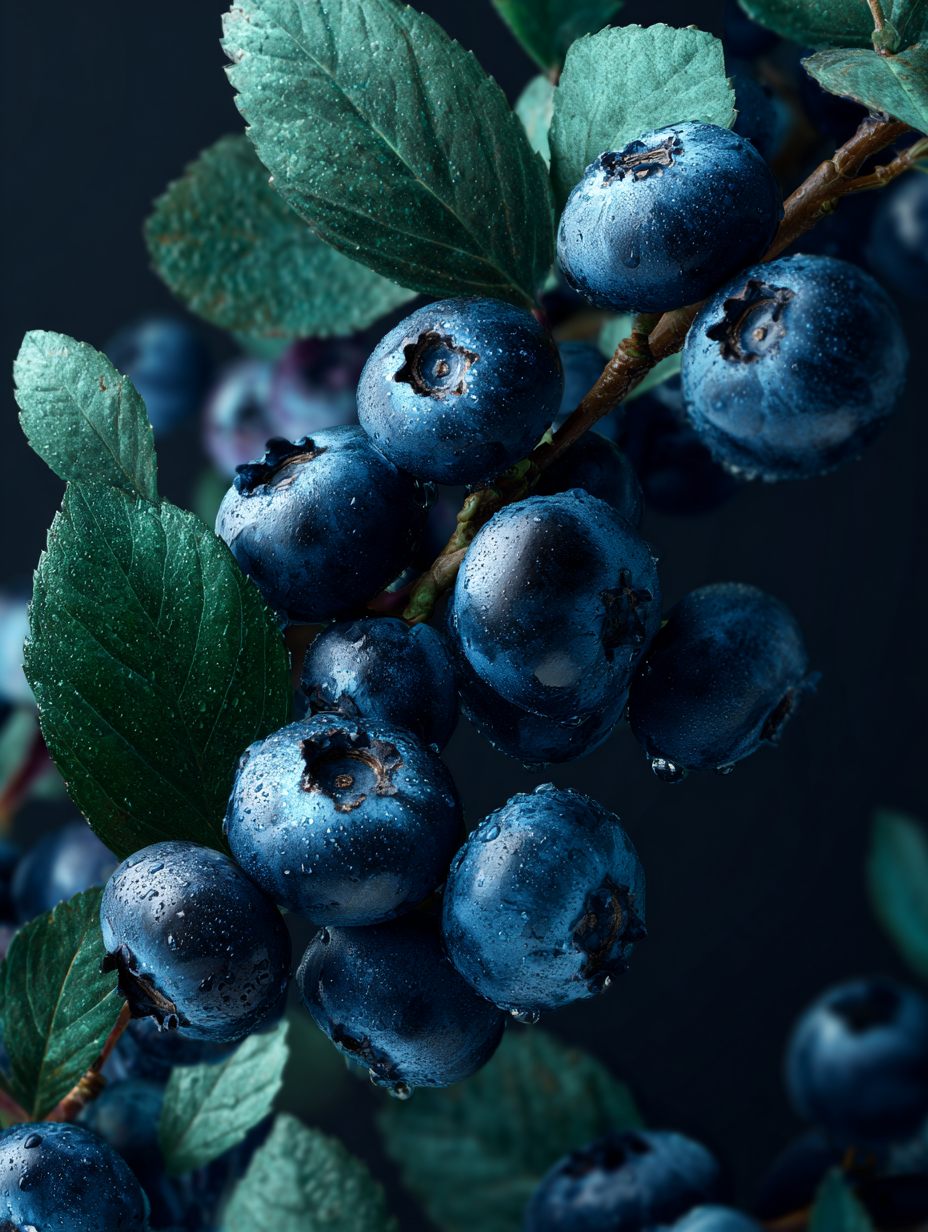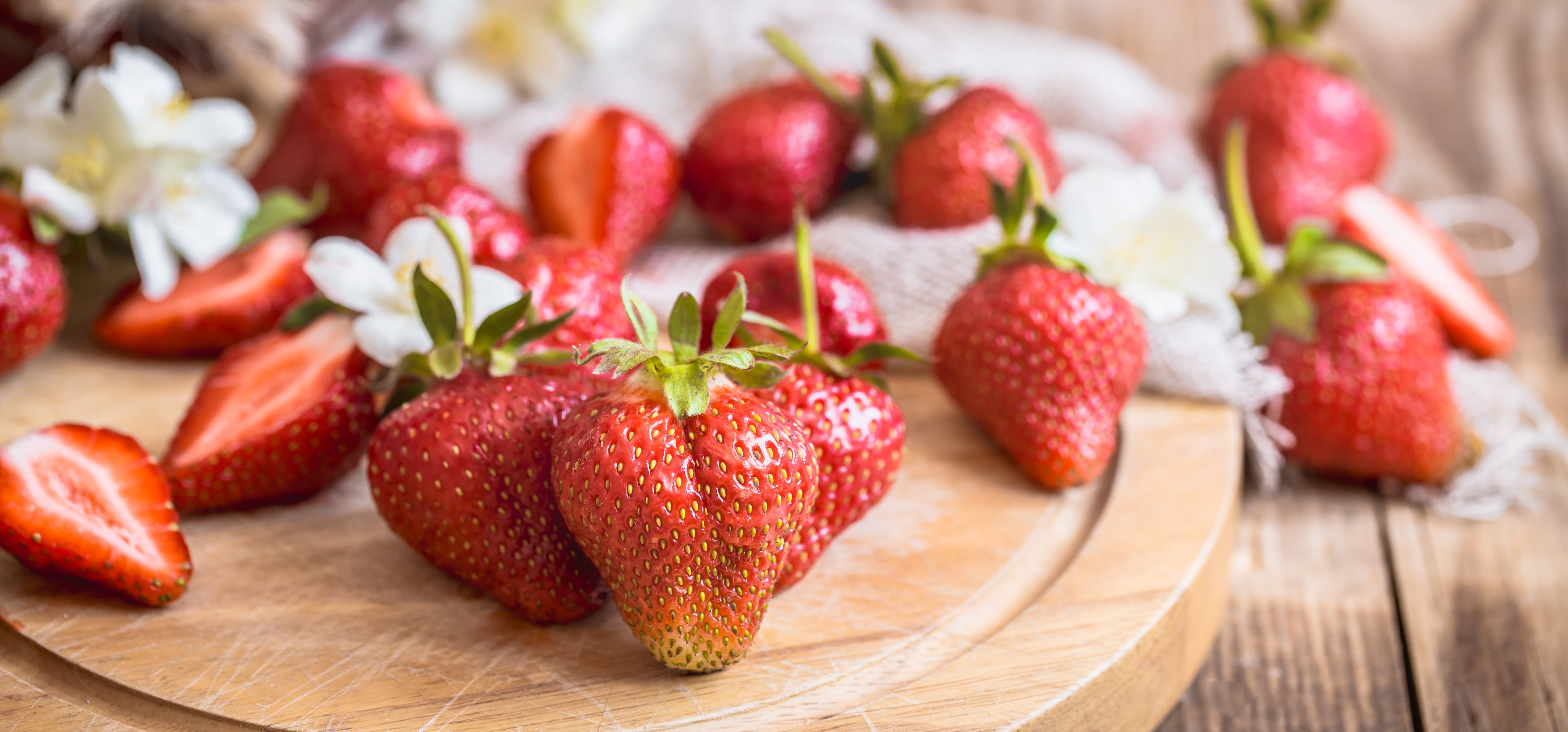Your Cart is Empty
Camu Camu: Superfood for Immunity & Skin Health
Camu camu (Myrciaria dubia) is a powerful superfood native to the Amazon rainforest. Th...
READ MORE
Collagen is the most abundant protein in the human body, accounting for roughly 30% of total protein mass. It’s not just a buzzword in beauty or wellness—it’s the structural backbone of healthy skin, strong joints, and resilient connective tissues. From the elasticity of your skin to the strength of your tendons, healing of bruises and cuts, and the integrity of your gut lining, collagen plays a foundational role in how you look, feel, and function every day.
But collagen is more than just a structural component; it’s also a biological signal. It tells your body how to regenerate tissue, recover from injury, and stay resilient in the face of aging and environmental stress. And while collagen production is a natural process, it doesn’t stay consistent throughout life. In fact, starting in your mid-20s, collagen synthesis begins to decline—by about 1% per year. By your 40s, that loss becomes visible as fine lines, wrinkles, sagging skin, and joint stiffness.
Collagen is composed of three key amino acids: glycine, proline, and hydroxyproline. These form a tightly wound triple-helix structure, which gives collagen its tensile strength. This triple helix is what makes your skin bounce back, your joints move smoothly, and your tissues remain durable. There are at least 28 types of collagen, but Types I, II, and III make up the vast majority in the body:
Type I: Most abundant in skin, bones, and tendons
Type II: Found in cartilage
Type III: Supports muscles, organs, and arteries
Several factors contribute to the natural decline of collagen with age:
Hormonal Changes: Estrogen, testosterone, and growth hormone decrease with age.
Oxidative Stress: Free radicals damage proteins like collagen.
UV Radiation: Sunlight breaks down collagen fibers in the skin.
Poor Lifestyle: Habits: Smoking, alcohol, lack of sleep, and stress.
Nutrient Deficiency: Especially vitamin C, zinc, and amino acids.
To optimize your collagen production naturally, make sure to regularly consume foods high in these nutrients:
Glycine & Proline: Found in hemp protein, chlorella, asparagus, black beans, cabbage, cashews, chia seeds, kidney beans, mushrooms, peanuts, pistachios, pumpkin seeds, seaweed, soybeans, and sunflower seeds.
Vitamin C: Required for collagen synthesis. Found in camu camu, strawberries, blueberries, kakadu plums, acerola cherries, rose hips, chili peppers, guavas, sweet yellow peppers, blackcurrants, broccoli, brussel sprouts, potatoes and tomatoes.
Zinc & Copper: Needed for enzymatic collagen production. Found in pumpkin seeds, sesame seeds, hemp seeds, cashews, almonds, sunflower seeds, walnuts, peanuts, chickpeas, lentils, black beans, kidney beans, quinoa, oats, tofu, tempeh, spirulina, shiitake mushrooms, dark chocolate and leafy greens (especially spinach and kale)
Antioxidants: Useful in protecting existing collagen. Found in cacao, blueberries, and sea buckthorn, raspberries, blackberries, strawberries, pecans, walnuts, black beans, kidney beans, pinto beans, red cabbage, beetroot, artichokes, kale, spinach, broccoli, Brussels sprouts, cauliflower, red and green chili peppers, olives, turmeric, cinnamon, cloves, oregano and rosemary,
It is better for your body to produce its own collagen, rather than relying solely on ingested collagen.
Here’s why:
Natural production is more efficient – The body makes collagen from amino acids obtained through a balanced diet rich in protein, vitamin C, zinc, and copper. This process supports a wide range of tissues like skin, bones, and joints.
Ingested collagen is broken down – When you ingest collagen (via supplements or food), it’s digested into amino acids like any other protein. These amino acidsmay help your body build collagen—but it’s not guaranteed they’ll be used for that purpose.
Evidence for supplements is limited– Studies on collagen supplements show mixed or modest benefits, particularly for skin elasticity or joint health. Some experts remain skeptical due to lack of strong clinical data.
Unlike traditional collagen powders sourced from animal bones or fish skins, vegan collagen boosters help your body build its own collagen. Supporting your body’s own collagen production through proper nutrition and lifestyle habits is generally more effective and scientifically sound than relying on supplements alone.
Citrus fruits (oranges, lemons, limes): High in vitamin C, which is essential for collagen production.
Leafy greens (spinach, kale): Also rich in vitamin C and antioxidants that help protect collagen.
Nuts and seeds: Provide zinc and copper, minerals that help activate enzymes involved in collagen production.
Garlic: Contains sulfur, which supports collagen cross-linking and stability.
Camu Camu: One of the richest vitamin C sources.
Sea Buckthorn Berry: High in omega-7 and carotenoids.
Strawberries & Blueberries: Rich in antioxidants that protect collagen integrity.
Cacao: Fight inflammation and provide cofactors for collagen production.
Hemp protein is a complete, digestible, and anti-inflammatory protein source. It supports collagen by providing:
Complete Amino Acid Profile: Especially glycine and proline
Omega-3 and Omega-6 Fatty Acids: Support hydration and skin barrier function
Antioxidants & Fiber: For gut health and nutrient absorption
Joint Health: Type II collagen supports cartilage.
Gut Health: Collagen helps seal the intestinal lining.
Hair & Nails: Improved keratin structure.
Heart Health: Collagen maintains blood vessel integrity.
Radiant skin, resilient joints, and a vibrant body aren’t built overnight—but they can be nourished daily with the right nutrients and habits. Rather than relying on ineffective collagen supplements, your body thrives when it’s given the tools to make its own: amino acids, vitamin C, zinc, copper, and antioxidant-rich superfoods. That’s the true power of plant-based collagen support.
Nutrigazm’s vegan blends are designed to do just that—fuel your body’s natural collagen production from the inside out. Whether you’re looking to glow brighter, move easier, or age more gracefully, it all starts with what you feed your cells.
👉 Ready to sip your way to stronger skin and joints?
Click here to try Nutrigazm before it’s gone!
Nutrigazm - Whole Body Health - 100% Whole Foods

Camu camu (Myrciaria dubia) is a powerful superfood native to the Amazon rainforest. Th...
READ MORE
Blueberries are more than just a delicious superfood. Packed with essential nutrients, ...
READ MORE
Strawberries are more than a sweet snack—they’re a low-sugar, antioxidant-packed superf...
READ MORE